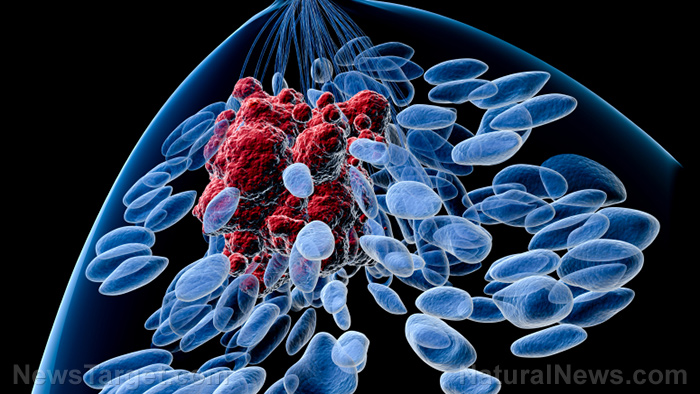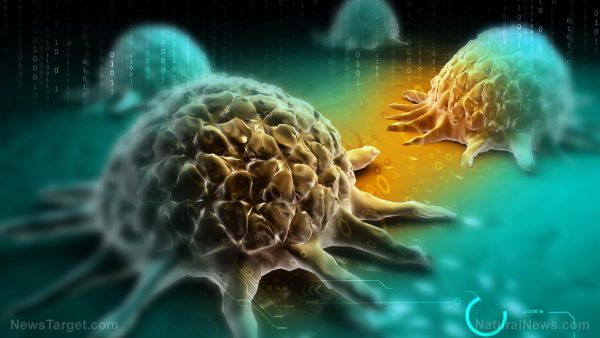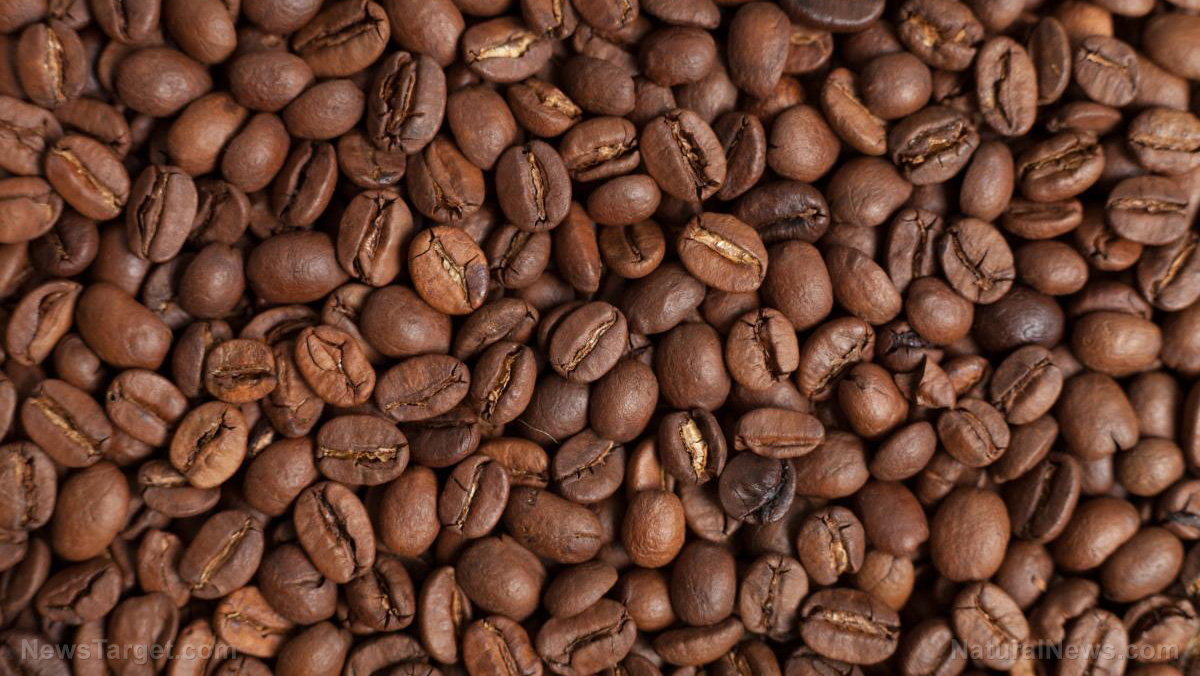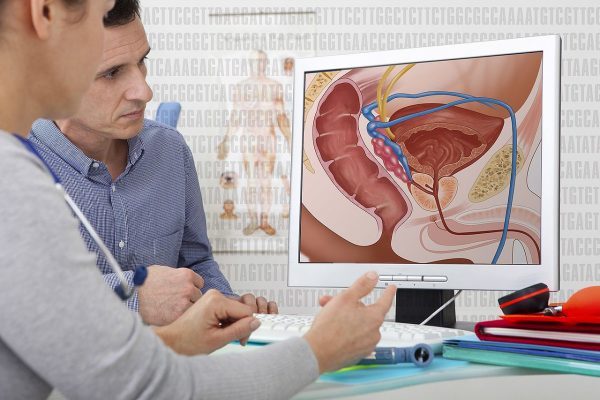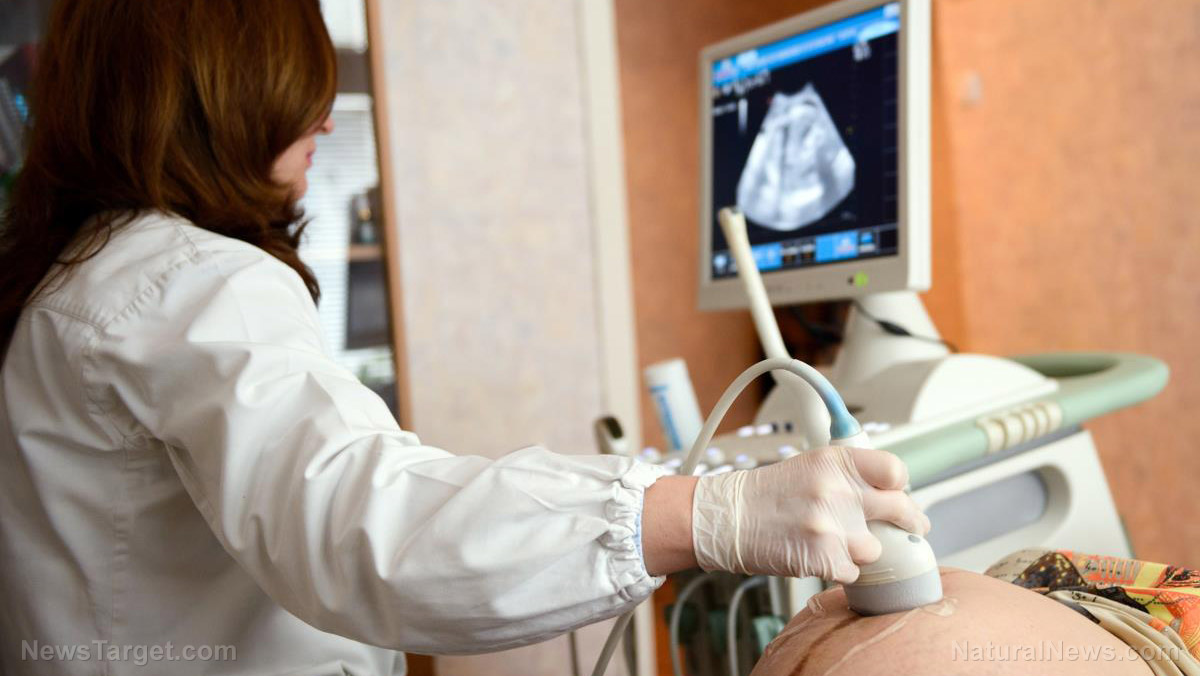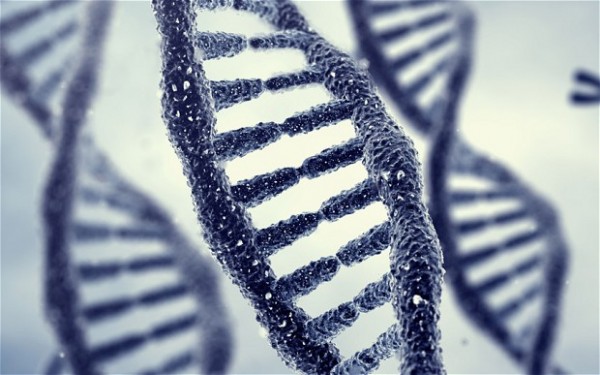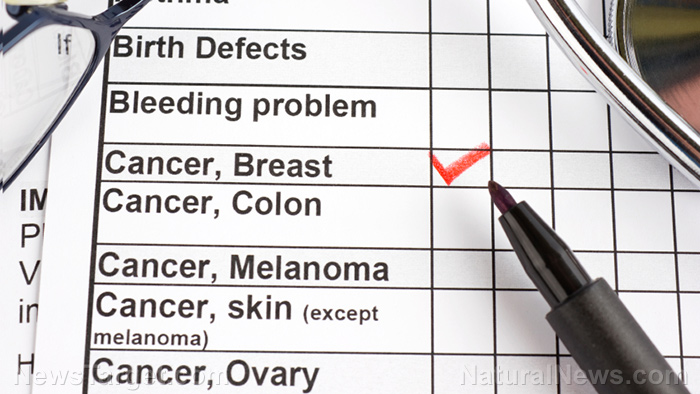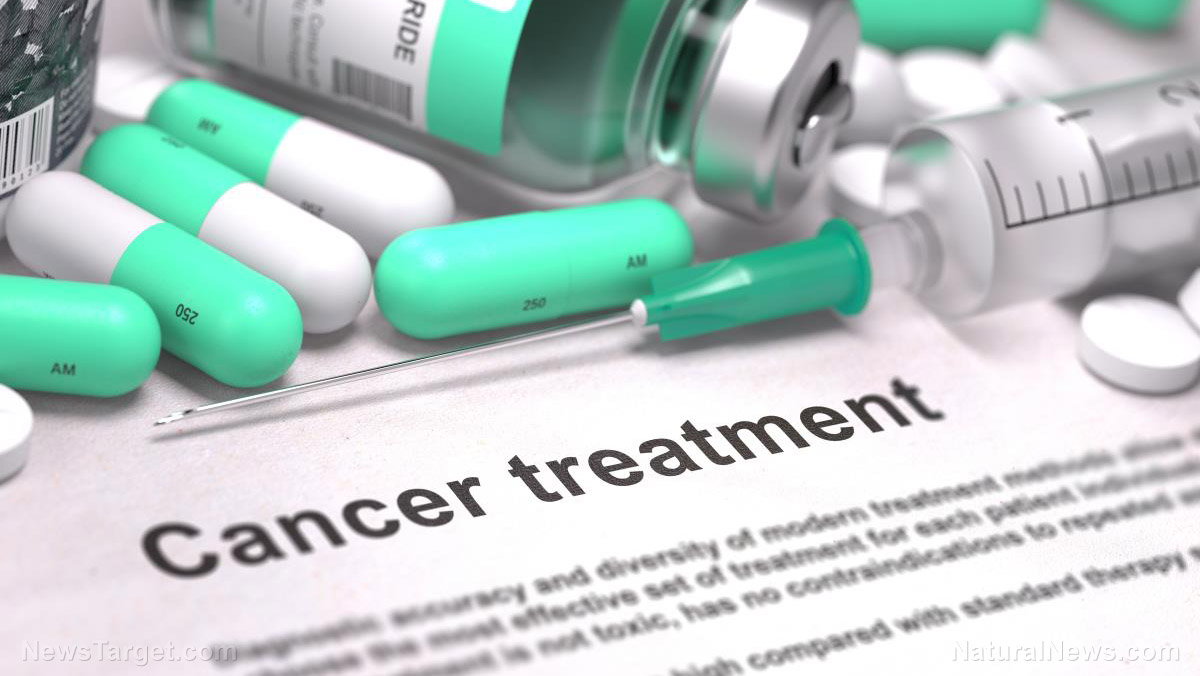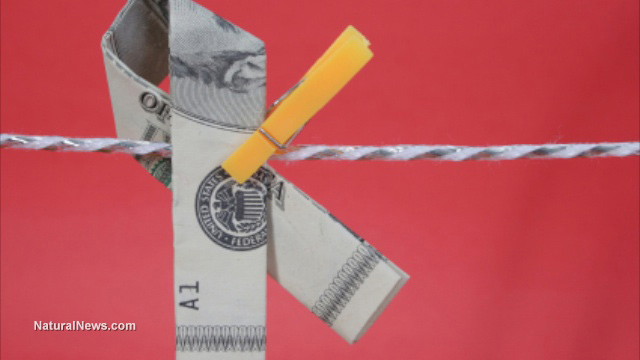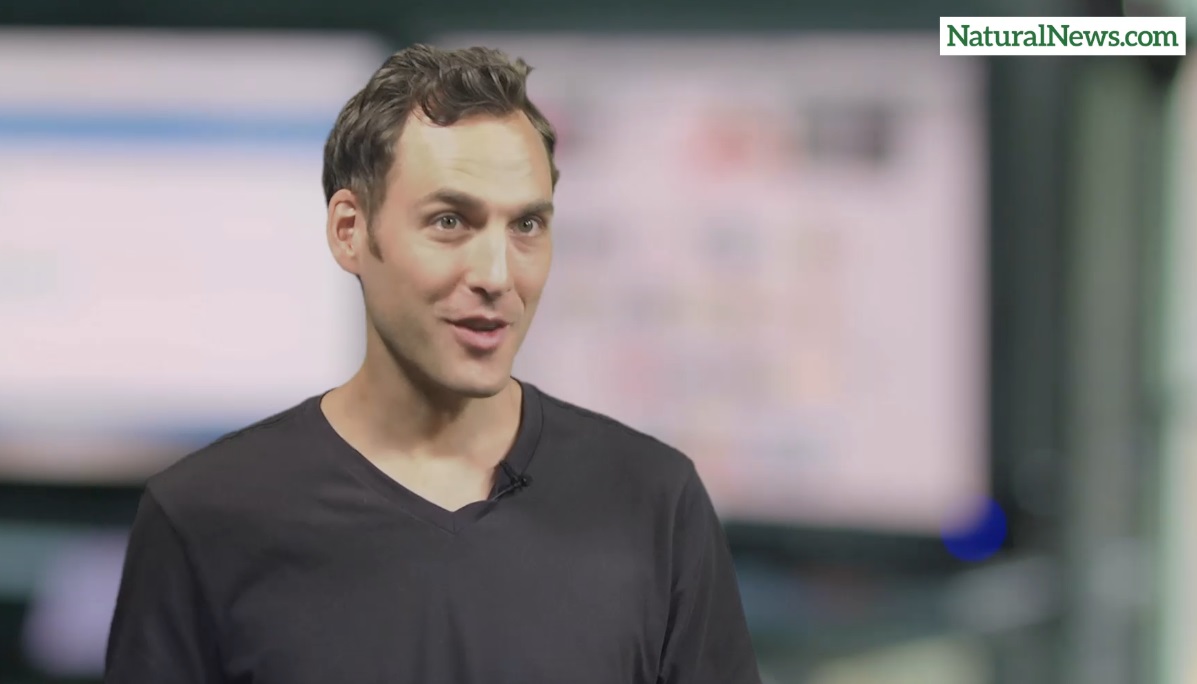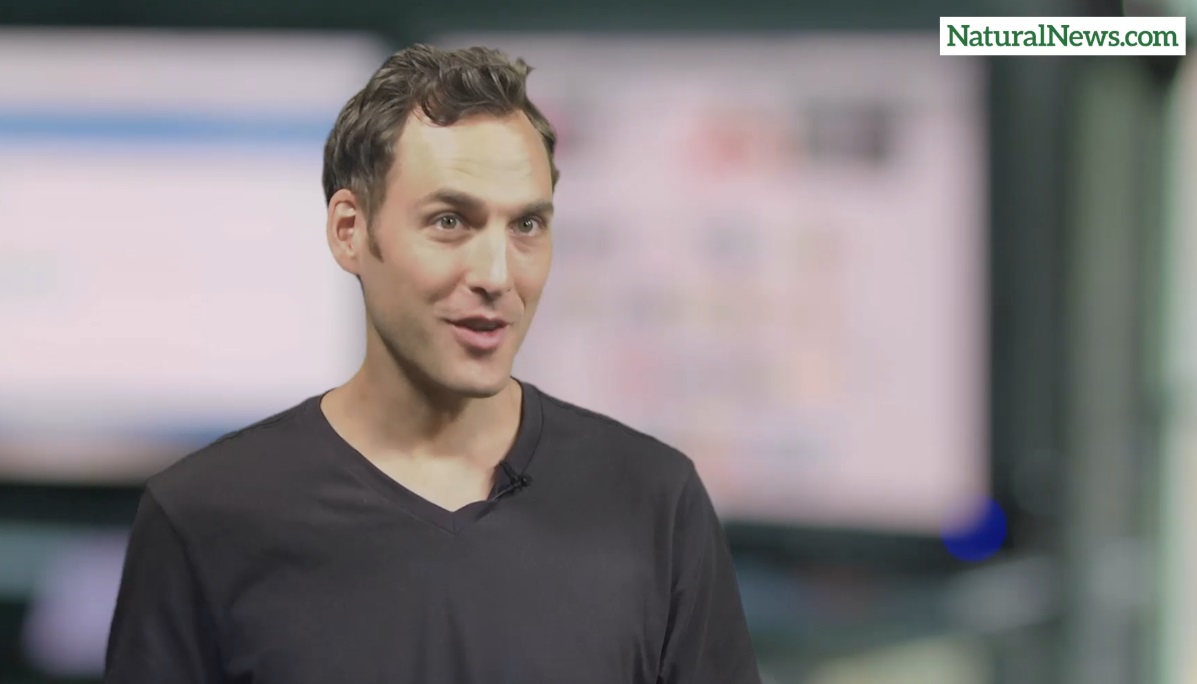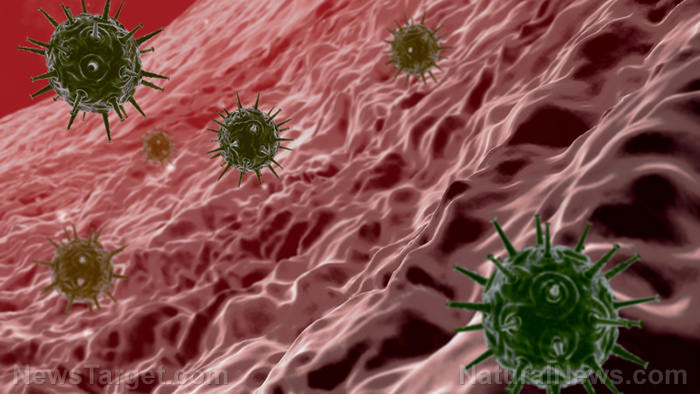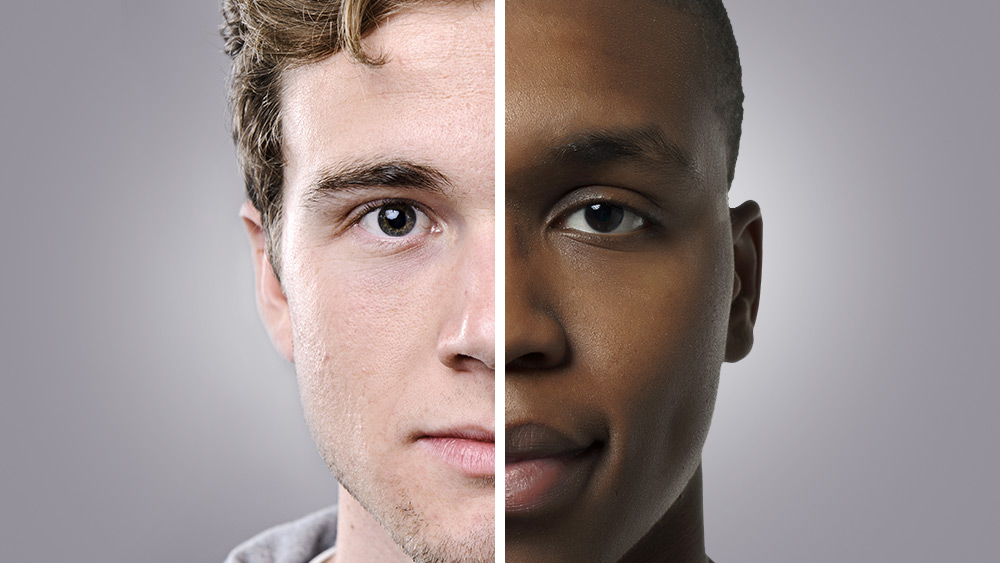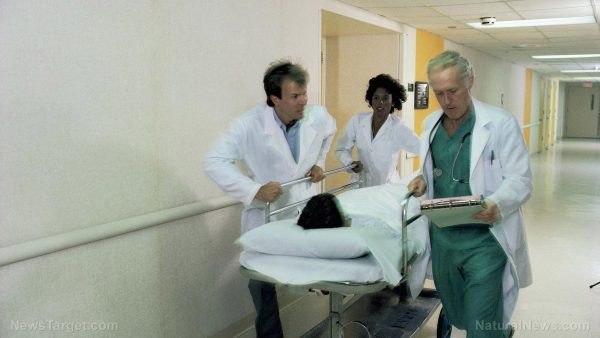In a report from News Wise, Indiana-based researchers reported that stiffer breast tissues increase the risk of developing breast cancer. They warn that stiffness in the connective tissue increase the chances of the tumor spreading to healthy cells.
The researchers were investigating the growth and secondary growth of malignant tumors. In order to determine the connection between cancer cells and the extracellular matrix (ECM) that connects tissue, they created a model of human breast tissue.
The University of Notre Dame (UND) research team could adjust the stiffness of the ECM tissue in the model. This allowed them to simulate healthy and cancerous structures in the tissue. The researchers found out that the ability of cancer to alter fat cells in the breasts depended on the stiffness of connective tissue.
Pinar Zorlutuna, an assistant professor at UND’s Harper Cancer Research Institute, explained that the micro-environment of breast tissue is composed of collagen fibers, fat cells, and epithelial cells. Cancer usually develops around epithelial cells, which is one of the four basic types of animal tissue.
Preceding studies have shown that one of the primary distinctions between healthy and cancer cells is stiffness. Tumors are stiffer than healthy tissue. (Related: Tips for reducing your risk of breast cancer at any age.)
Stiffer connective tissue encourages growth of breast cancer tumors
Zorlutuna and her research team found that higher stiffness made it easier for breast cancer tumors to affect the nearby connective tissue cells. In such a situation, the cancer will stop fat cells from undergoing differentiation, a cellular development process where a cell transforms into a more specialized type.
Instead, the cancer encourages a state similar to stem cells, which can develop into many different types of cells – like, say, a cancer cell. This pliable state is especially fertile ground for the rapid growth and development of a malignant tumor.
In contrast, normal tissue constructs with low stiffness are much more resistant to the inhibitory effect of the cancer cells.
On a related note, the structure of mammary tumors played a big role in preventing cell differentiation. A single layer of cultured cancer cells did not display any major effect, while a tumor spheroid that possessed a 3D structure was able to inhibit adipogenesis of healthy cells.
Zorlutuna was assisted by Trung Dung Nguyen, Xiaoshan Yue, Victoria Zellmer, and Siyuan Zhang. They published a paper detailing their findings in the scientific journal Biomaterials.
Researchers want tissue engineering tests added to drug screening
Other researchers have employed animal models to study the development of breast cancer. Zorlutuna says the method has provided much understanding about the disease. However, the reliance on animal test subjects can also lead to errors.
“Animals and humans are quite different,” she said. “If you’re looking at tissue environment, mobility and the immune system, mouse models, for example, are as different to human models as the pancreas is to the lung.”
In a similar vein, Zorlutuna says animal studies can hamper the search for effective medical treatments for human diseases. For example, a drug that successfully reduced the risk of cancer in mice would oftentimes fail the ensuing clinical trials with human volunteers.
Zorlutuna believes that drug screening should start adopting tissue-engineered human disease models. In such an approach, a new treatment would first be tested on engineered tissue and must pass before it is cleared for human trials.
Tissue engineering has become an increasingly popular and effective research method in recent times. However, it raises questions about ethics, especially when the cultivated tissues in question are brain matter that could develop consciousness without us knowing it.
Find out natural ways to avoid breast cancer and other diseases at AntiCancer.news.
Sources include:
NewsWise.com
ScienceDirect.com

